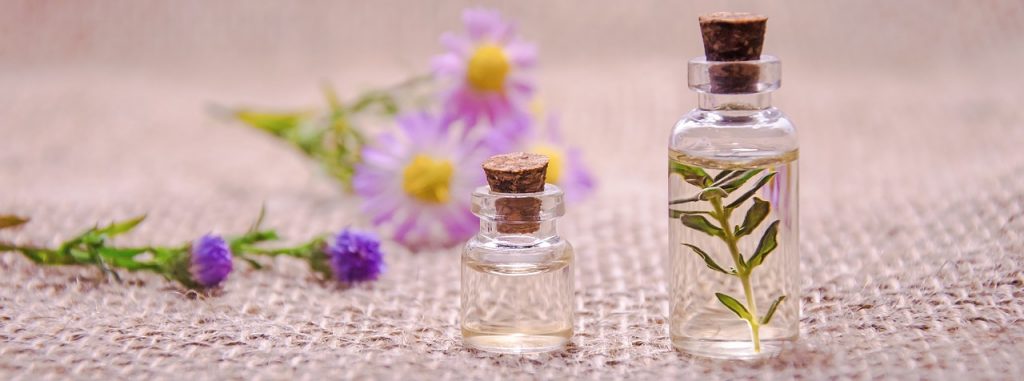by Devina Lobine*
The world is in search of vaccines to halt COVID-19. About 42 companies and academic institutions are working to find a vaccine for COVID-19, and at least four of them (Moderna/NIAID, CanSino Biological Inc./Beijing Institute of Biotechnology, University of Oxford and Inovio Pharmaceuticals) already have candidates that have showed promising results in animal testing. Of these, the vaccine produced by Boston-based biotech firm Moderna will soon enter human clinical trials. Moreover, numerous FDA-approved drugs are being investigated for COVID-19 treatment – that is, drug repurposing and among the repurposed drugs, the century-old anti-malarial drug, chloroquine and its derivative hydroxychloroquine have received substantial attention in the world.
Africa was initially spared; however, this is changing rapidly. On 7 March, there are over 6,900 confirmed cases of COVID-19 across 41 African countries, but this number is probably much higher, due to a lack of testing capacity on the ground. With the fragile healthcare systems and a population largely affected by extreme poverty, malnutrition and diseases, COVID-19 could be more deadly in Africa than the rest of the world.
But Africa has the potential to be part of the solution. Africa is home to incredibly unique flora, which has been a key part of the continent’s traditional medicinal practices for thousands of years. Up to 80% of the continent’s population heavily rely on medicinal plants for their healthcare. This is particularly true in rural areas, where access to basic conventional health care is extremely limited.
For years, herbal medicine has played a substantial role in combating infectious diseases in Africa. For instance, Hypoxis hemerocallidea (African potato) and Sutherlandia frutescens (cancer bush), recommended by the Ministry of Health in South Africa and member states, are well known for managing HIV. Alstoonei boonei (Fever Bark), Morinda lucida (Brimstone tree), Cryptolepis sanguinolenta, and Moringa oleifera (drumstick tree) are common medicinal plants used by traditional healers in the management of malaria in West Africa. Currently there is still no specific treatment for COVID-19. Perhaps, improving one’s health and reinforcing immunity, using herbal medicine, can help stimulate the patients’ abilities to resist the disease. This could be an effective strategy for Africa to contain the virus. Acacia senegal (L.) Willd. (Gum Arabic), Harpagophytum procumbens (Burch.) DC. (Devil’s Claw), Aloe ferox Mill (Cape Aloe), Garcinia kola Hekel (bitter kola) and Aspalathus linearis (Burm.f.) R-Dahlgren (Rooibos)- traditionally used as immune boosters, and to treat fever, cough and microbial infections, are some of the 5000 plants used for medicinal purposes in Africa.
But there are challenges. These include the fact that many consumers tend to overuse some remedies while self-medicating with them. Another problem arises when people use herbal remedies together with prescribed medicines, which may interfere with the normal metabolism of the prescription drugs or lead to adverse effects.
Indeed, numerous African plants are undeniably beneficial in treating disease or maintaining good health. It is well documented that research on African plants has led to discovery of several drugs. For instance, the anti-cancer active ingredients, vincristine and vinblastine from the Catharanthus roseus (L.) G. (Madagascan Periwinkle) and guieranone A from Guiera senegalensis (Sabara from Senegal) discovered based on ethnobotanical knowledge, are excellent examples of the contributions of African herbal medicine to modern drug discovery. This demonstrates how the study of African plants may hold hope for an accepted cure for COVID-19.
This study could not have come at a better time. The COVID-19 pandemic arrived amidst a growing call for encouraging collaboration amongst traditional medicine experts, chemists, pharmacologists, virologists and clinicians to accelerate research from bench side to bed side.
The opinion expressed in this piece is that of the author and does not purport to reflect the opinion or views of NEF.
*Dr Devina Lobine (NEF Ambassador for Mauritius) is a Post-Doctoral Fellow in the field of pharmacology, at the University of Mauritius .

